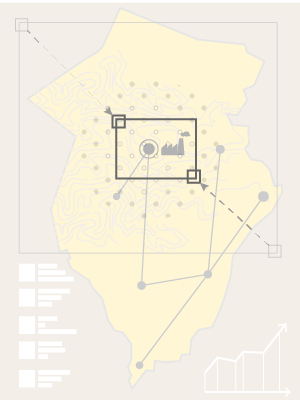
Firm formation is a central component for regional renewal, while their survival and lasting competitiveness depends heavily on the skills and social networks of their workers. Crucially, the drivers and consequences of firm formation and survival vary depending on both the type of the firm and the type of the region. Our research at REC focuses on how geography influences firm formation, and on what role different firms play in different regional environments. In particular, we work to understand how new (high-impact) firms, entrepreneurship and multinational enterprises contribute to regional development and structural change. We provide detailed analysis on how social relations like family ties within firms, networks of former co-workers across firms, and place-specific social capital contribute to productivity, growth and renewal. We are engaged in studying how firm-specific resources like skills and experiences of workers and entrepreneurs interact with and match the resources of regions. Finally, our previous and ongoing studies reveal geographical processes of economic transformation, including industrial and non-industrial pathways in relation to sustainable development. This part of our work explores the sustainability challenges of different regions, their current and potential opportunities for green growth and the impact of institutional conditions that are key to understanding economic change.
Keywords: entrepreneurship; family firms; MNEs; agents of structural change; co-worker networks
The aim of this project is to scrutinize whether, and in such case how, entrepreneurial activities can be translated to regional development outside the largest urban regions. While there is a growing evidence of the role of social ties for formation and development of new firms, especially in peripheral regions, the missing piece of the puzzle is how diverse is their importance from a regional and individual perspective. We will particularly focus on differences between local and non-local entrepreneurs in terms of igniting regional diversification and employment.
This project aims to create a deeper understanding for the consequences of technologies for individuals in the labor market, by examining how firms' employment strategies handle the effects of the transformation. The project focuses on the Swedish manufacturing industry and advanced manufacturing-related service sector. How do companies develop their skills resources in times of technological change? What new demands are placed on the employees? What are the consequences for workers? These are important questions to answer, in order to understand the challenges that technological development creates for different groups in the labor market, and how these challenges can be met.
graphics and website by Sabi